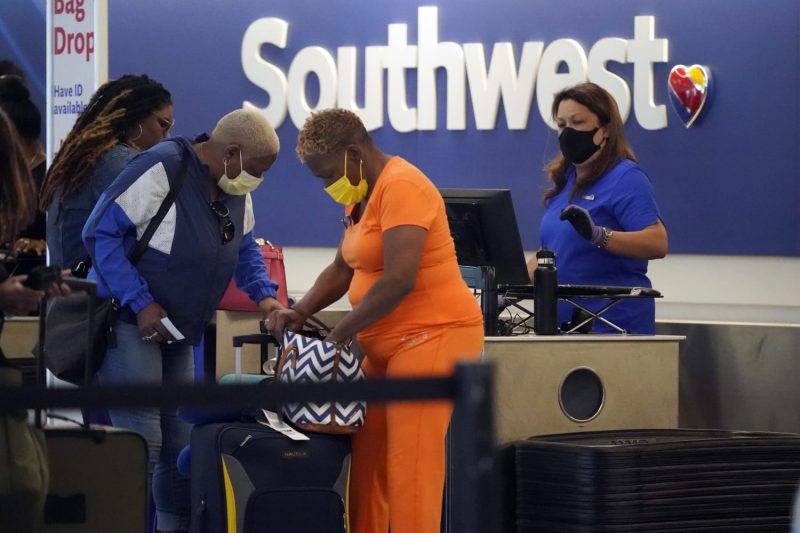
Southwest Airlines Considers Revamping Cabin Seating – Is Open Seating on the Way Out?
Southwest Airlines has long been known for its unique open seating policy, allowing passengers to select their own seats upon boarding the plane. This policy has set Southwest apart from other airlines and has proven to be popular among travelers who enjoy the flexibility it offers. However, in a recent statement, Southwest CEO Robert Jordan revealed that the airline is considering potential changes to its cabin seating arrangement.
The potential shift away from open seating raises questions about how this change may impact the passenger experience and overall operations of the airline. While the open seating policy has its advantages in terms of flexibility and ease of boarding, it can also lead to challenges such as passengers jostling for choice seats and potential confusion during boarding.
One of the key benefits of open seating is that it allows passengers to choose their preferred seat based on personal preferences, whether it’s aisle, window, or middle seat. This flexibility has been a selling point for Southwest, appealing to customers who value the freedom to select their seats without additional fees or restrictions. By moving away from open seating, Southwest may risk alienating loyal customers who appreciate this aspect of the airline’s service.
On the other hand, implementing assigned seating could streamline the boarding process and potentially improve the overall passenger experience. With assigned seating, passengers would know exactly where they will be sitting in advance, reducing the need to rush onto the plane and claim a desirable seat. This could result in a smoother boarding process and less stress for both passengers and airline staff.
However, transitioning to assigned seating could also present its own set of challenges. Southwest prides itself on its efficient boarding process, and any changes to the seating arrangement would need to be carefully planned to avoid disruptions. Additionally, assigned seating may require passengers to pay extra for preferred seats or other upgrades, which could affect the airline’s reputation for offering low fares and no hidden fees.
Ultimately, the decision to move away from open seating will likely depend on a variety of factors, including customer feedback, operational considerations, and industry trends. While assigned seating may offer certain benefits in terms of streamlining the boarding process, Southwest will need to carefully weigh the potential impact on its customer base and overall brand identity.
As Southwest Airlines considers potential changes to its cabin seating arrangement, passengers will be watching closely to see how these adjustments may impact their travel experience. Whether the airline moves forward with assigned seating or opts to maintain its open seating policy, one thing is certain – Southwest will need to strike a balance between meeting the needs of its customers and ensuring the smooth operation of its flights.
